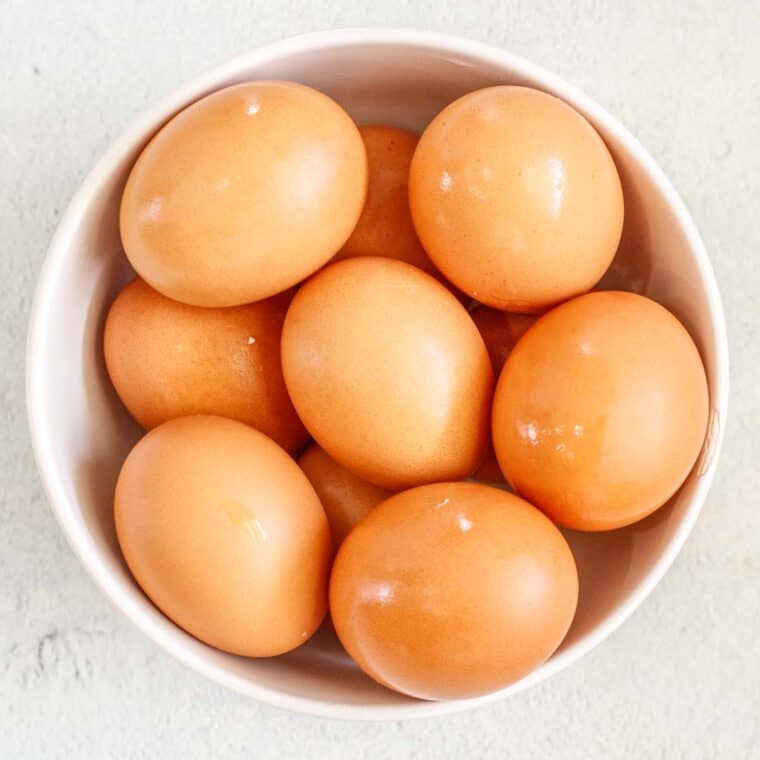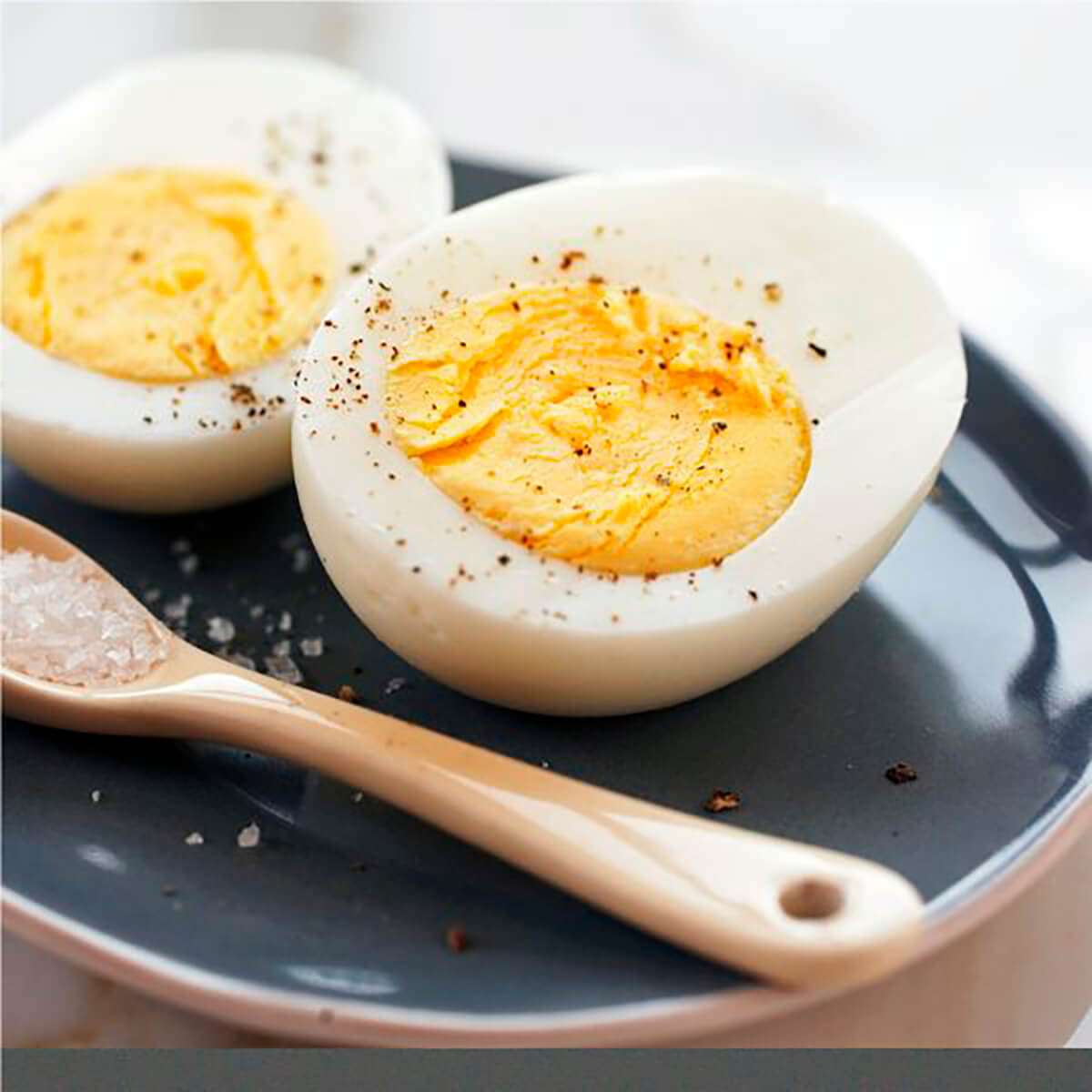Hard-boiled eggs are a popular snack and meal component thanks to their high protein content, convenience, and versatility. However, many people often wonder: How long can hard-boiled eggs stay out of the refrigerator? Understanding the safe handling of hard-boiled eggs is crucial for ensuring both health and quality. In this article, we will delve deeply into the factors affecting the shelf life of hard-boiled eggs when left unrefrigerated, proper cooking and storage methods, signs of spoilage, and tips for keeping them safe for consumption.
The Basics of Egg Storage
Temperature and Bacterial Growth
Eggs, by their nature, are susceptible to bacterial growth, especially Salmonella, which can cause foodborne illnesses. The U.S. Department of Agriculture (USDA) advises keeping eggs, whether raw or cooked, at a temperature of 40°F (4°C) or lower. When it comes to hard-boiled eggs, understanding how the temperature affects bacterial growth is fundamental.
Bacteria thrive in the “danger zone,” which ranges from 40°F to 140°F (4°C to 60°C). In this range, bacteria can double in number every 20 minutes. Thus, while it might seem harmless to let a hard-boiled egg sit out for an hour or two, neglecting proper refrigeration can quickly lead to potential health risks.
Hard-Boiled Eggs: Cooking and Cooling
The process of cooking eggs properly is vital for ensuring that they are safe to eat. To hard-boil eggs, you generally place them in a pot of cold water, bring it to a boil, and then simmer them for about 9 to 12 minutes, depending on the desired firmness. Once they are done, it is crucial to stop the cooking process immediately by placing them in an ice bath or under cold running water.
Cooling the eggs rapidly is significant, as it reduces the temperature quickly, thus minimizing the time they spend in the danger zone.
How Long Can Hard-Boiled Eggs Sit Out?
General Guidelines
According to the USDA guidelines, hard-boiled eggs can be safely left out at room temperature for no longer than two hours. However, in certain conditions, such as warmer temperatures (above 90°F or 32°C), this time frame reduces to just one hour.
Variability Based on Environment
Room temperature can vary significantly based on factors such as the weather, season, and even the specific location within your home. Therefore, while the two-hour guideline serves as a general standard, it’s essential to consider your specific environment. For instance, outdoor picnics on a hot day may expedite the risk of spoilage.
Hard-Boiled Eggs Vs. Raw Eggs
While raw eggs require more careful handling because of their inherent risk, hard-boiled eggs have been cooked and are less susceptible to bacteria. However, that does not mean they are entirely safe to leave out indefinitely. The cooking process eliminates existing bacteria but does not prevent new bacteria from contaminating the eggs once they are exposed to outside elements.
Signs of Spoilage
Visual Inspection
If you’re wondering whether that hard-boiled egg you left out is still safe to eat, a visual inspection can provide some initial clues. Look for any discoloration, excessive moisture, or unusual spots on the shell. These can all indicate spoilage or contamination.
Smell Test
One of the most effective ways to determine if a hard-boiled egg has gone bad is by doing a smell test. If you notice any off-putting or sulfuric smells upon cracking the egg open, it’s a good indication that it should be discarded. When hard-boiled eggs spoil, they can release an unpleasant odor.
Texture and Taste
If the egg appears visually fine and smells okay, but you still have doubts, you can take a small taste to assess its quality. A slimy or chalky texture is a warning sign of spoilage, and such eggs should not be consumed.
Proper Cooking Techniques
Boiling Techniques
To achieve the perfect hard-boiled egg, begin by boiling your eggs in cold water. This method helps achieve uniform cooking and minimizes the risks of cracking due to thermal shock. Once the water reaches a rolling boil, cover the pot and turn off the heat, allowing the eggs to cook in the residual heat for a predetermined time.
Ice Bath Cooling
After boiling, place the eggs in an ice bath to halt the cooking process effectively. This practice not only makes peeling easier but also curtails the chances of bacterial growth. Rapid cooling is crucial for food safety, especially when it comes to preventing the growth of bacteria.
Proper Storage Techniques
Refrigeration
Once cooked, hard-boiled eggs should be refrigerated within two hours to maintain quality and safety. Keep them in their shell until you’re ready to eat them, as the shell acts as a barrier against contaminants. If you’ve already peeled the eggs, store them in an airtight container and consume them within a week.
Storage Conditions
Storing hard-boiled eggs in the refrigerator is not just about temperature but also about airflow. For best results, place them in a container that allows some ventilation or loose cover with plastic wrap. This method helps keep the eggs fresh without trapping moisture.
Freezing Hard-Boiled Eggs?
While you can freeze raw eggs to extend freshness, hard-boiled eggs do not freeze well. Upon thawing, their texture may change significantly, becoming rubbery and unappetizing. Thus, it is best to consume hard-boiled eggs within a week of cooking.
Meal Planning and Usage
Meal Prep with Hard-Boiled Eggs
Hard-boiled eggs are excellent for meal prep. Cooking a batch at the beginning of the week and storing them in the refrigerator can provide quick protein-rich snacks or meal components. They are versatile and can be used in salads, sandwiches, or eaten on their own as a snack.
Safe Snacking Practices
When packing boiled eggs for lunch or a snack, be sure to include an ice pack or keep them insulated to maintain a safe temperature. If you are unsure whether you’ll be able to consume them within the recommended timeframe, it’s best to avoid bringing them altogether.
Enjoying Hard-Boiled Eggs Safely
Whether you enjoy them as a quick snack, in salads, or even as deviled eggs for a party, the key is to always handle them with care. Remember to maintain proper cooking, cooling, and storing protocols to enjoy these nutritious eggs without health risks.
 FAQs about Hard-Boiled Eggs
FAQs about Hard-Boiled Eggs
Can You Eat Hard-Boiled Eggs After Five Days?
While the USDA recommends consuming hard-boiled eggs within a week of cooking, always check for signs of spoilage. If they smell off or appear discolored, it’s best to err on the side of caution and not eat them.
What’s the Best Way to Store Hard-Boiled Eggs?
Store hard-boiled eggs in the refrigerator in their shell. If they’ve been peeled, place them in an airtight container with a damp paper towel to keep them from drying out.
Can You Reheat Hard-Boiled Eggs?
Yes, you can reheat hard-boiled eggs by placing them in hot water for a few minutes, but be careful not to overheat, or they may develop a rubbery texture.
Conclusion
Understanding how long hard-boiled eggs can stay out of the refrigerator plays a crucial role in maintaining food safety. While you can safely leave them out for up to two hours, always consider environmental factors like temperature. Proper cooking, cooling, and storage practices are essential for enjoying hard-boiled eggs while minimizing health risks. By following the guidelines outlined in this article, you can ensure that every hard-boiled egg you enjoy is not only delicious but safe for consumption, maximizing the nutritional benefits they offer.


